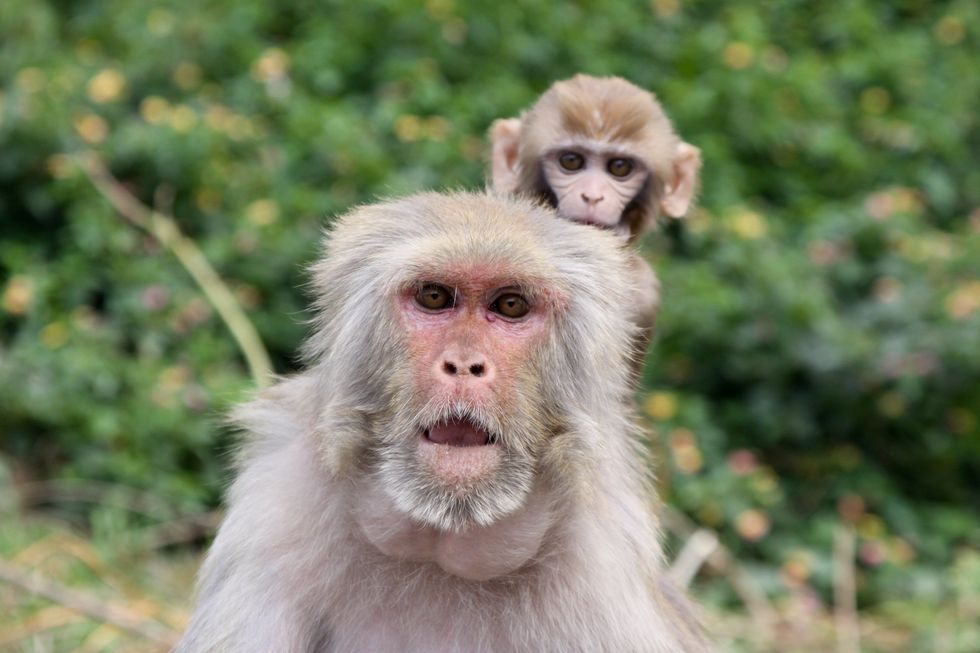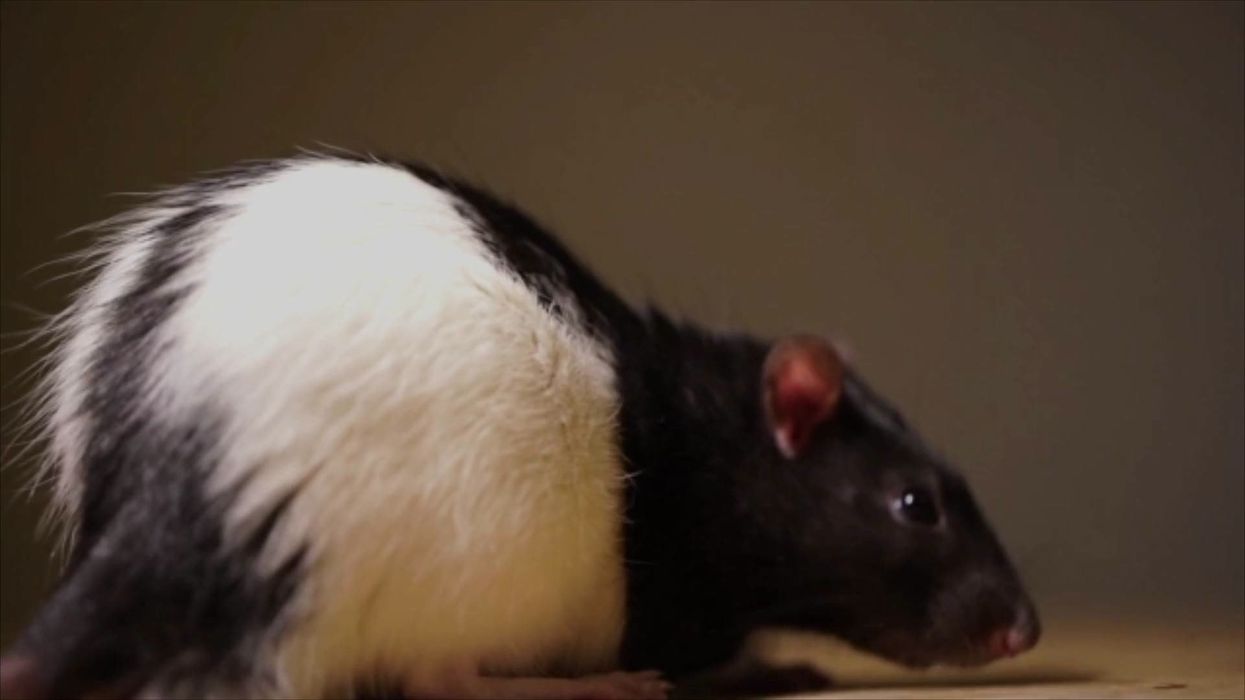Science & Tech
Sinead Butler
Oct 29, 2024
Study Finds Evidence For Animals Having Imaginations
Cover Media - Shareable / VideoElephant
As we get older, humans tend to become less sociable and it turns out this is the same for animals, according to new research.
Scientists analysed the relationship between age and social connections in a wide range of animals - from monkeys and birds to insects and wild deer - to come to this conclusion.
Dr Josh Firth from the University of Leeds noted that the benefit of studying animals' behaviour over humans is that scientists can track and conduct experiments on animals throughout their lives, something which is trickier to do with humans.
He said: "Overall, it’s looking like there’s a very general pattern of individuals becoming less social with age."
Some of the different explanations include the fact that older animals don't need to be communicative with information compared to their younger counterparts.

Additionally, as we get older, humans are more prone to infection and similarly animals' immune systems weaken as they age too, so experts think animals being less sociable is a way to avoid illness.
“As such, while it is certainly [worth] still trying to mitigate the obvious disadvantages that might come with people reducing their social connections as they age, we should also consider the potential benefits,” Dr Firth added.
Thanks to the digital age we live in today, one way older humans can maintain the benefit of social interactions without putting themselves at risk of illness is by communicating on technological devices.
Another study looking at how rhesus monkeys interact socially found that being less connected to others reduces their risk of disease so although being less sociable is seen as a negative for us, this is a positive for animals.
Comparable outcomes were also found in a study of parasitic worm infections in wild adult female red deer.
“We found that in general, you’re more likely to get infected by these nematodes as you’re growing older, but you can offset that by not interacting with as many individuals," Dr Firth added.
How to join the indy100's free WhatsApp channel
Sign up to our free indy100 weekly newsletter
Have your say in our news democracy. Click the upvote icon at the top of the page to help raise this article through the indy100 rankings.
Top 100
The Conversation (0)














